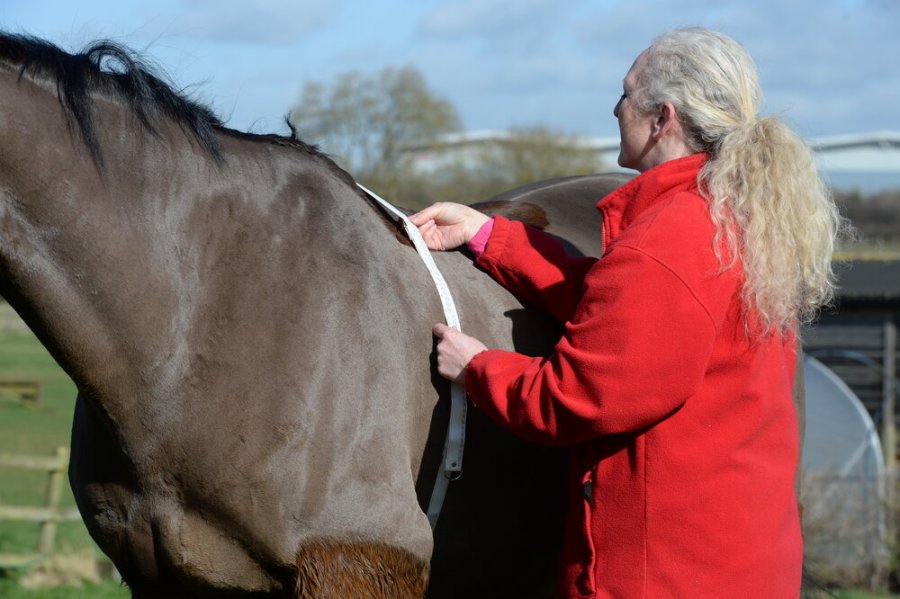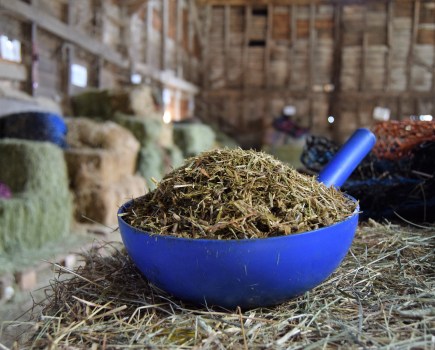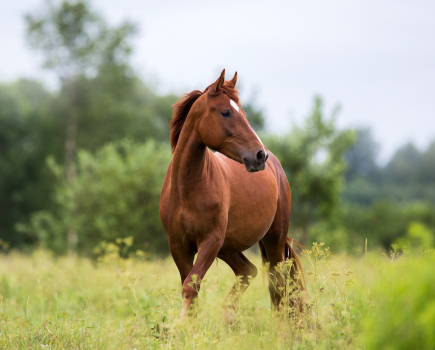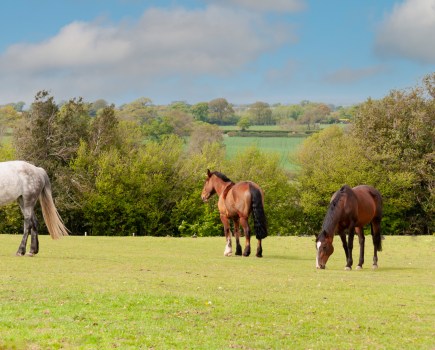Recent studies have shown that more than half of all horses in the UK are now overweight, and that rises to 70% in native pony breeds.
This trend shows no sign of slowing down and you have to admit it’s quite alarming, particularly as, next to colic, obesity causes more deaths than any equine disease in the UK.
It also increases the risk of osteoarthritis, heart disease, lung problems, suspensory ligament injury and is directly linked to laminitis and equine metabolic syndrome. Around 600 horses are put to sleep every year due to obesity-related laminitis.
We chatted to Dr Sue Dyson, a leading vet in equine orthopaedic care, about why horses are getting bigger.
“It seems that the most common issue is the owner’s perception of what big looks like,” she explains. “Horses in perfect condition are often mistaken for underweight and fed accordingly, turning perfect into obese.”
This statement is backed up by a recent study that tested the ability of owners and professionals to recognise obesity. Of the 539 respondents, only 11% correctly identified all the obese horses, while most classed horses in ideal body condition as underweight.
“In human studies, it seems that exposure to obesity has led to an upward shift in what we perceive to be normal, and subsequently we’ve lost sight of what appropriate looks like in both ourselves and our animals,” says Sue.
“When you add in the fact that many competition horses (particularly in dressage and showing) are overweight, you can see how the crisis is spiraling. Owners see this and assume it’s normal for them to look like that. It’s ridiculous that some judges place show horses that are clearly overweight. The riders shouldn’t be rewarded for mismanagement.”
The way we feed our horses contributes too.
“Not checking ingredients, not weighing anything and using scoops and slices of hay as a measure instead, is piling on the pounds — as is not monitoring the horse’s condition regularly,” adds Sue. “The feed companies all promote correct feeding, but it seems there’s still a lack of knowledge about the topic.”
Owners have brought their horses to Sue’s clinic worried about abnormal swellings which, in fact, were fat deposits. It shows that there is still a way to go with education.
Remember horses don’t choose their own feed; it’s down to us to get it right. Obesity is totally preventable and reversible too.
Here at Your Horse we’re urging you to join us as we tackle this issue with gusto on behalf of all our horses throughout 2020. It’s time to lose the flab, get them moving and improve their fitness.









